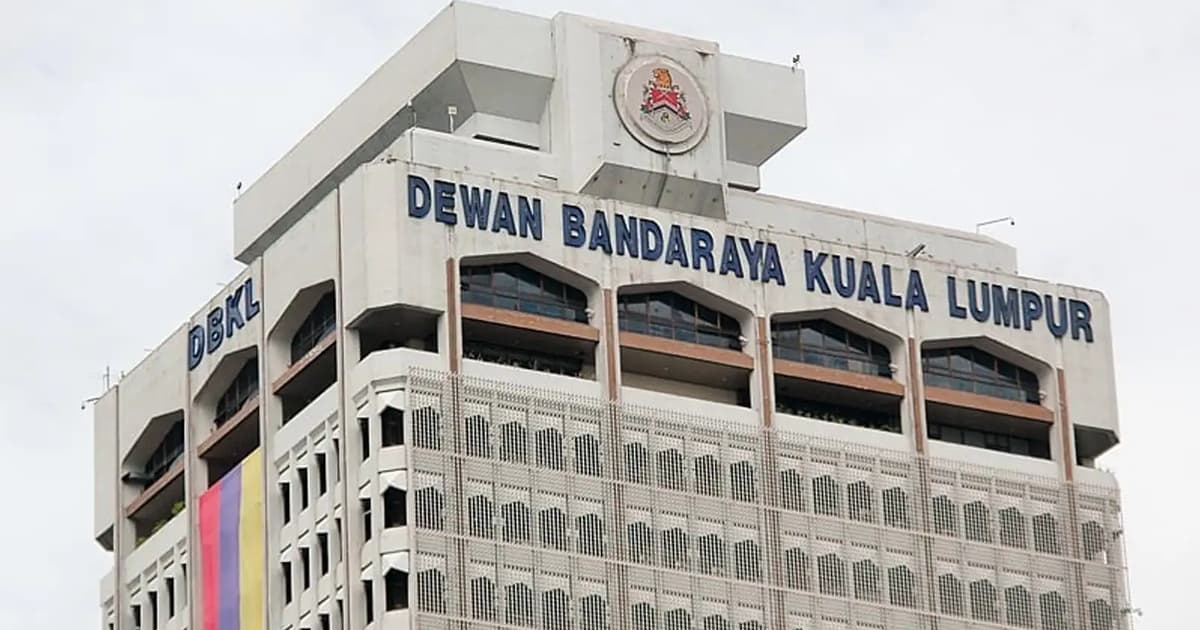
The Public Accounts Committee (PAC) has proposed appointing council members to Kuala Lumpur City Hall (DBKL) to strengthen checks and balances in government land development in the capital.
Its chairman, Mas Ermieyati Samsudin, said PAC’s 12 key findings on land development in Kuala Lumpur included the discovery that the role of the Federal Territory Advisory Board under the Federal Capital Act 1960 (FCA) was limited.
She said the board did not have collective decision-making powers, unlike the council systems in other state local authorities.
“This has resulted in the absence of an effective check-and-balance mechanism in decisions involving the development of government land in Kuala Lumpur,” she told a press conference in Parliament.
She presented the findings of the proceedings on land development in Kuala Lumpur under the federal territories department, the director-general of the lands and mines department, and DBKL.
The issue of land sales in Kuala Lumpur has drawn public concern, with many quarters calling for further investigations and corrective measures to ensure transparency and integrity in land management as well as development.
The committee urged the government to review and amend laws related to Kuala Lumpur’s land development, including the FCA and Federal Territory (Planning) Act 1982.
“This would pave the way for the introduction of an appointed council members system in DBKL, similar to other states, to ensure proper checks and balances,” Mas Ermieyati said.
The appointment of council members in Kuala Lumpur was raised by federal territories DAP on Oct 13 last year as part of its reform push to strengthen governance. The move is also seen as a step towards the reinstatement of local government elections.
Mas Ermieyati said PAC also found repeated violations of the Kuala Lumpur Local Plan (PTKL), leading to uncontrolled development and leaving room for various parties to apply for projects.
She said the cancellation of public land and green space reservations gazetted under the PTKL, which were then transferred to developers, was a critical issue that could affect residents’ quality of life and the city’s ecological functions.
“This shows weaknesses in Kuala Lumpur’s land development planning system which requires an urgent review.
“In particular, the justification for developments such as the allocation of land for high-density projects in open or green spaces must be re-examined,” she said.






